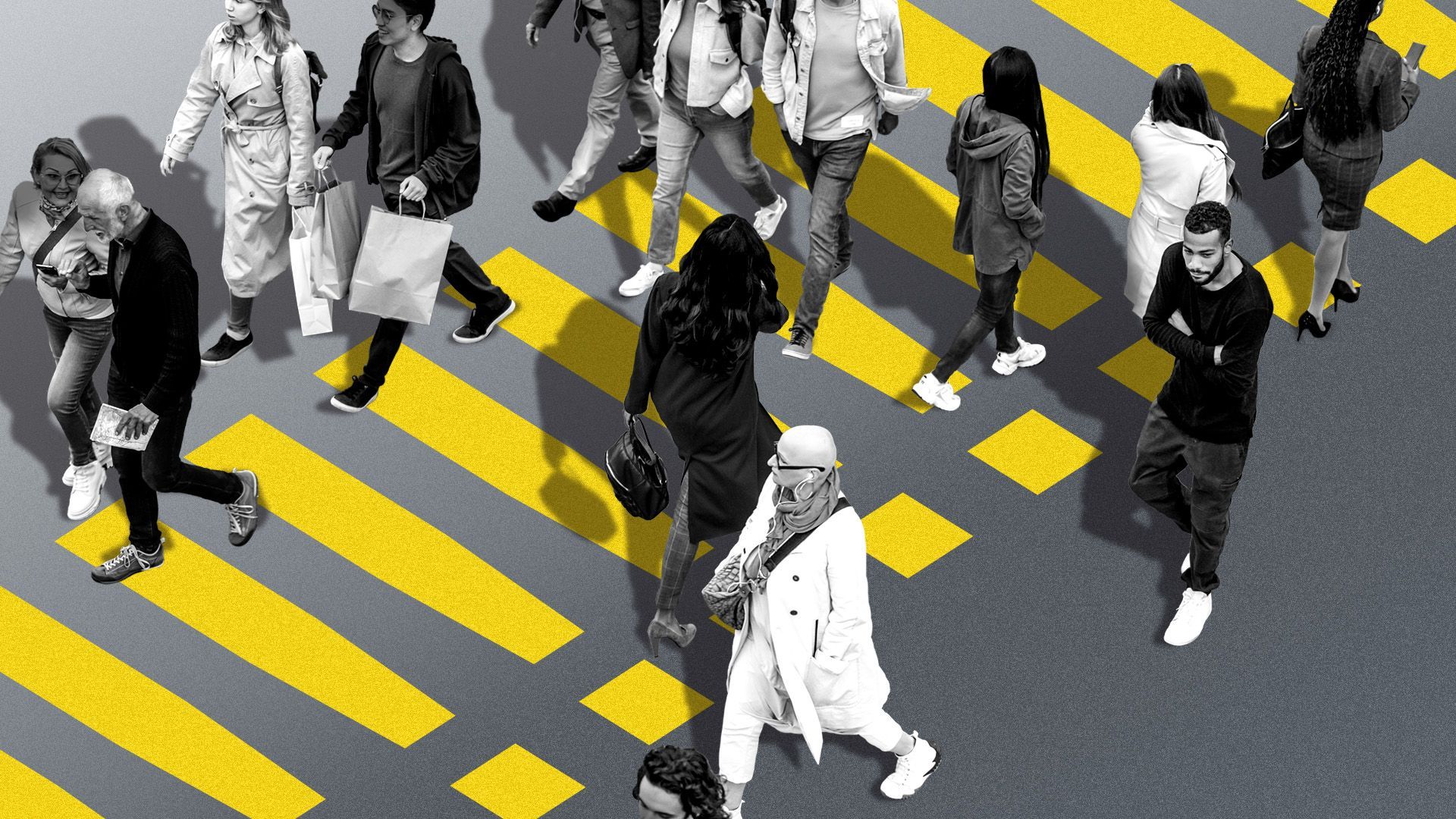The Pandemic Effect: Why Bad Behavior is on the Rise


 The First Truly Post-Pandemic Summer Reveals a Troubling Trend
The First Truly Post-Pandemic Summer Reveals a Troubling Trend
As we bask in the warmth of late summer and revel in our newfound government-approved freedom, it’s hard to ignore the surge in bad behavior that seems to have accompanied the easing of draconian COVID-19 restrictions.
Concertgoers throwing things at performers, people talking loudly on their cell phones through movies, and tourists defacing historical landmarks in pursuit of the perfect selfie — these incidents have become all too common, painting a picture of a society on the brink of losing its manners.
But why is this happening, and what does it mean for our future?
Mental Health and Decaying Societal Connections: A Recipe for Rudeness
Experts suggest that a mix of worsening mental health and decaying societal connections, both exacerbated by the pandemic, may be driving this trend in rude behavior that could extend far beyond COVID’s upheaval.
The stress and anxiety brought on by the pandemic have taken a toll on our collective psyche, making it harder for people to maintain their composure and respect for one another.
“I think it’s a breakdown of social norms,” says Megan Ranney, dean of the Yale School of Public Health.
The pandemic, she adds, “really did change us very inherently because, for the first time in anyone’s lifetime, it was like every man for himself. You know, we were fighting over toilet paper. It broke life as we knew it.”
The Widespread Impact of Stress
While not everyone has lost all sense of decorum, stories of entitled customers berating service staff or angry outbursts in public places have become increasingly common.
“Adult tantrums, rule-breaking, rudeness, and general bratty behavior has not only become increasingly common on airplanes, it has spread,” notes the Los Angeles Times.
Megan Ranney, a prominent public health expert, has experienced this firsthand.
She and her colleagues saw an increase in threats throughout the pandemic, reflecting the heightened tensions and frustrations many people were experiencing.
Additionally, she noticed more parents justifying their children’s bullying behavior and more people treating her staff rudely during research projects.
The Lingering Effects
Early in the pandemic, reports of bad behavior, including increased outbursts on airplanes and violence against healthcare workers, became more common.
A study in the Harvard Business Review last year found that rude behavior was increasingly becoming the norm.
Unfortunately, it appears that people’s interactions with each other in public haven’t improved much since then.
Just a few weeks ago, a video of an American Airlines pilot urging passengers to “be nice” and “respectful” to each other went viral.
The fact that such a message needed to be delivered speaks volumes about the state of civility in society.
The Role of Loneliness and Burnout
Psychologists have pointed out that people are socializing less and reporting higher levels of loneliness and poorer well-being than before the pandemic.
Paradoxically, people also seem to feel more comfortable canceling plans with others.
“We need society to keep defining and holding us accountable,” says Sanam Hafeez, a New York-based neuropsychologist.
“And when society stopped for a very good reason, it’s almost like we gave ourselves this silent permission to drop our pretenses.”
Work-related stress and frustration are also likely contributing to the widespread rudeness.
More people than ever are feeling burned out in their jobs, partly because of workforce shortages and a shift toward remote work that means they’re always on the clock.
The constant demands of virtual meetings and the lack of separation between work and personal life are taking a toll on mental and emotional well-being.
Multiple Culprits: Beyond the Pandemic
Of course, not all of these changes can be blamed solely on the pandemic.
Experts also note that the increasingly volatile political environment is contributing to a general loss of civility.
The divisiveness and polarization that have become so prevalent in recent years have eroded the social fabric, making it harder for people to engage respectfully with one another.
Additionally, technology, and social media in particular, has fundamentally changed how people interact with the world.
The “main character” mindset fueled by social media gives people a sense of entitlement to disregard others.
The impulse to document and share every part of one’s life on these platforms sometimes resembles narcissistic personality disorder, characterized by excessive admiration, a sense of entitlement, and a lack of empathy.
The Path Forward
The pandemic, combined with other cultural forces, has shaken up the way we live and has led to increased stress and bad behavior.
However, experts are optimistic that these changes don’t have to be permanent.
Rededicating ourselves to having in-person interactions with friends and colleagues and showing a little bit of grace can go a long way in restoring civility.
“The good news is, it isn’t that some innate characteristic of humans has changed,” says Megan Ranney. “We just need to work to come back together as a community and to practice the Golden Rule.”
In a world where rudeness seems to be on the rise, perhaps it’s time to remember the age-old adage: Treat others as you would like to be treated.
Read the original story here:
Axios

